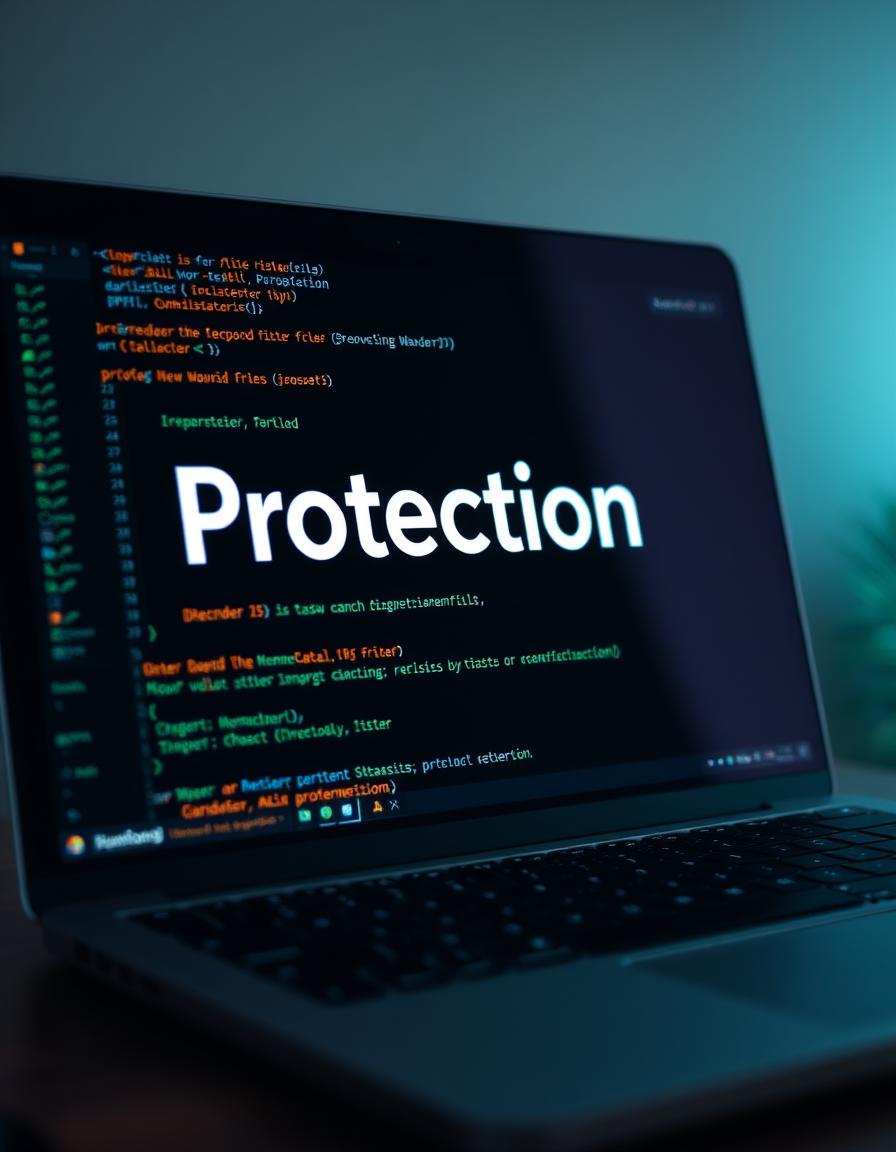What do government agencies and your scrappy startup have in common? Probably more than you think. Especially if you are still using free or ultra cheap software to keep your business running.
Recently, Australia made headlines when it was revealed that multiple government departments were caught using Kaspersky software; yes, the one tied to Russian intelligence; long after it had been officially banned. This is not just a bureaucratic goof. It is a reminder that even institutions with massive cybersecurity budgets can mess up in major ways.
And if they can, so can you.
The Illusion of “Free”
Let us face it; the word “free” has an irresistible pull. It sounds like a win when you are trying to cut costs, grow your brand, or just get things off the ground. A free invoicing tool here, a free CRM there… what could go wrong?
A lot, it turns out.
When software is free, it often means you are the product. Your data may be harvested, your privacy is not guaranteed, and your operations are dependent on tools that may not be secure, supported, or even legal to use in certain regions. In the case of Kaspersky, countries including Australia, the United States, and Canada placed bans due to concerns that the software could be forced to share user data with foreign governments.1
Even with this knowledge, some organizations did not remove it. And that is where the danger lies: not just in the software itself, but in the habits that let risk creep in unnoticed.
The Ripple Effect for Your Business
If you think this kind of breach is something only big players need to worry about, think again. Small businesses are often the perfect target for cybercrime.2 Why? Because they rarely have robust IT departments, often delay software updates, and lean heavily on low cost tech.
Here is how using the wrong software can backfire:
- Data exposure: Free tools often skip on high level encryption or secure data storage, putting your customer info on the line.
- Compliance chaos: Many industries now have strict regulations. Whether it is HIPAA, GDPR, or Canada’s PIPEDA, using unvetted software can put you on the wrong side of the law.
- Loss of trust: If your software gets compromised and client data leaks, your brand reputation can crumble overnight.
- No support, no fallback: Cheap tools rarely come with strong customer support. When they break, you are on your own.
The Lesson From Australia
The scandal was not just about software. It was about culture. A failure to audit, a failure to act, and a failure to prioritize digital hygiene. If government bodies can get lazy about security, it is no surprise that startups, solopreneurs, and even mid sized firms often forget to clean house.
But in 2025, digital security is table stakes. No matter how small your team is or how lean your budget runs, your software stack should reflect professionalism, intention, and care for your customers.
How to Level Up Without Breaking the Bank
No one is saying you need to throw money at every software suite you find. But there is a smarter way to build a tech stack that protects your business and grows with you.
Here is what to start doing now:
- Audit everything. Go through your tools. Where are they based? Are they compliant with the regulations in your country? Are they still being supported or updated?
- Choose tools with a track record. Look for names with strong reviews, real security policies, and visible transparency. Bonus points if they openly share how they protect your data.
- Train your team. Even if your team is small, make sure everyone knows how to recognize phishing attacks, set strong passwords, and report suspicious activity.
- Subscribe to security alerts. Cybersecurity risks evolve daily. Sign up for updates from places like CISA or Canada’s cybersecurity agencies to stay ahead of threats.
- Pay for peace of mind. You do not have to go enterprise grade, but investing a few dollars a month into trusted software is worth it when the alternative is legal exposure or brand damage.
At the End of the Day, Your Tools Are Part of Your Brand
Think about what your software says about you. If you are pitching yourself as a trustworthy, professional, or forward thinking business, then your backend needs to reflect that. Running on expired licenses, outdated freeware, or banned tools is not just bad practice; it is bad branding.
So before you download the next free plugin or sign up for that too good to be true platform, pause. Look it up. Ask yourself if it is worth the risk.
Because once you lose trust, especially in a digital first world, it is hard to get it back.
The Final Word
Free is not really free. Cheap often means risky. And if the headlines from Australia tell us anything, it is this: sloppy software choices can expose more than just data; they can expose your entire business to damage you might not recover from.
Make your stack smarter. Make your business safer. And do not wait for a scandal to take action.














Comments are closed